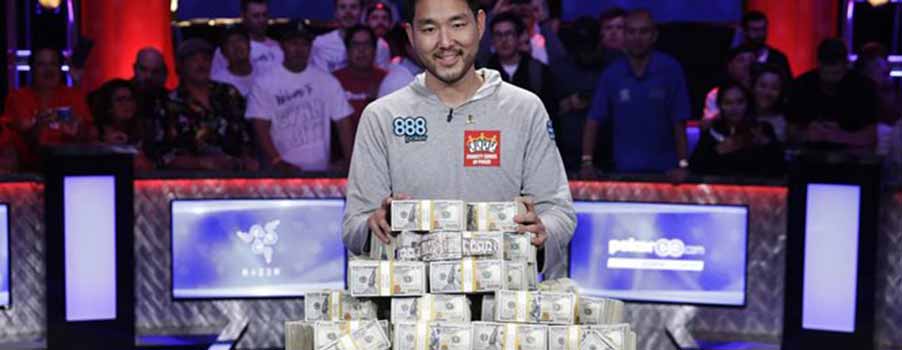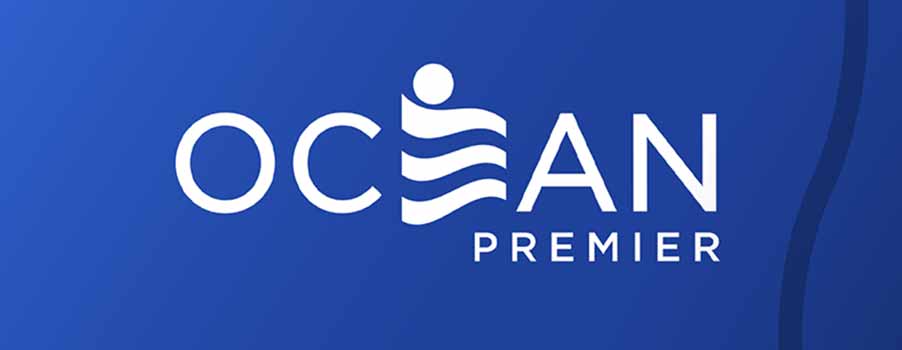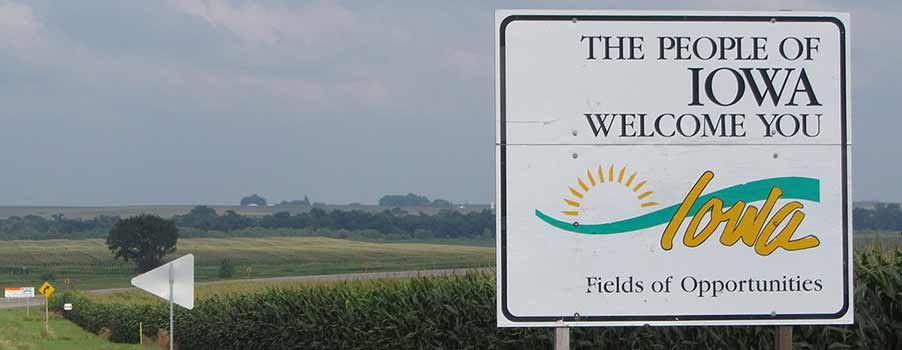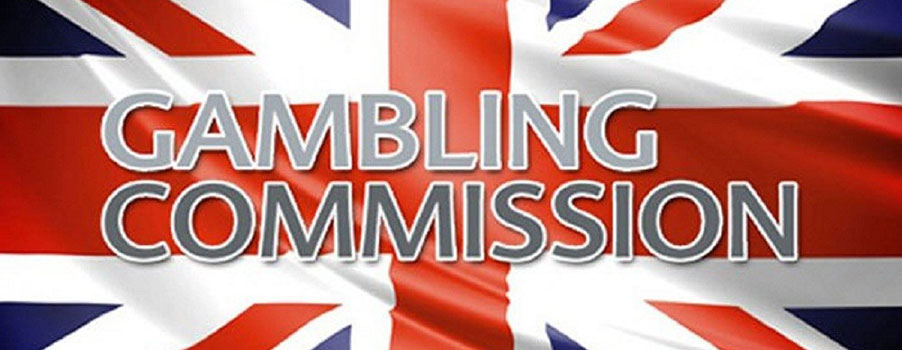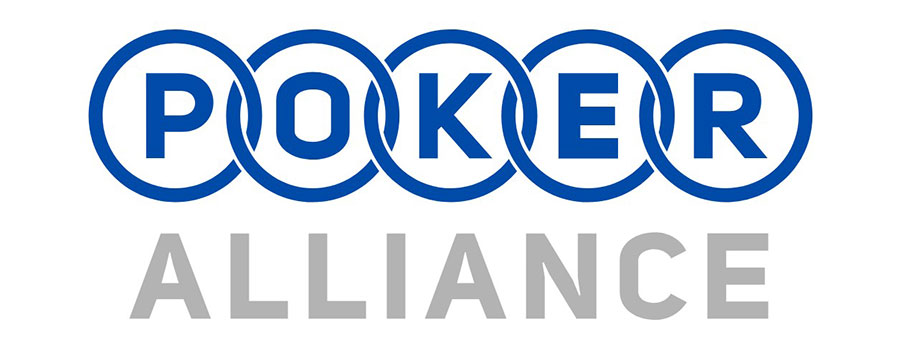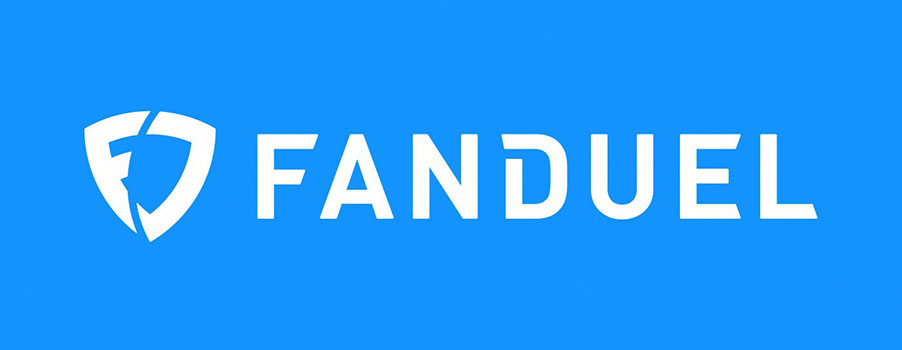The 2018 World Series of Poker (WSOP) Main Event spawned one of the most epic heads-up battles in the history of tournament poker and poker in general. The 10-hour long marathon eventually ended when John Cynn defeated Tony Miles heads-up thus winning the main event on Sunday morning and walking away with the crown of poker’s world championship and a whopping $8.8 million in prize money.
While still coming to terms with his epic win, Cynn made it clear that while the amount of the prize money was indeed overwhelmingly large and would significantly change his life, he does not want it to change who he is as a person.
“The money is very significant, but I do like to think that I don’t need the money to be happy,” he said. “But at the same time, practically, it’s going to make things a lot easier — things I want to do in life … even to my parents, this is money that they never could’ve imagined. It’s definitely going to be life-changing.”
When he was entering the 2018 World Series of Poker Main Event, John Cynn who is from Indianapolis had a little less than $1 million in career prize money. This did not stop him from having a pretty good run at the event which eventually brought him to the final table and it was then that he became assured that he would walk away with a huge win.
A Record-Breaking Showdown
Cynn’s and Tony Miles’ heads-up battle lasted over 10 hours but this was not the only record that they broke – the showdown also set the record for the most hands played heads-up to close at a WSOP main event as well as the most total hands at a WSOP main event final table, that is, 199 and 442 respectively.
Even though Miles entered the day as the chip leader, he failed to outwit John Cynn but all was not lost as he still managed to walk away with $5.5 million for his second-place finish. He was, however, clearly disappointed with the result. Still, he had a perspective of how special the Main Event was for the poker industry as a whole.
“We’ve been playing on little to no sleep — the nerves and the angst that you feel at night, it’s almost impossible to get a good night’s rest,” Miles commented after the event. “Then you come in here and you have to battle for 12 hours heads-up. It was a war, and it was amazing. I’m sure it’ll go down and be chronicled in history as one of the best heads-up matches ever. I have a ton of respect for him. He’s going to be a great champion, and I’m really happy for him.”
The Final Table Results
1: John Cynn (US) $8,800,000
2: Tony Miles (US) $5,000,000
3: Michael Dyer (US) $3,750,000
4: Nicolas Manion (US) $2,825,000
5: Joe Cada (US) $2,150,000
6: Aram Zobian (US) $1,800,000
7: Alex Lynskey (AUS) $1,500,000
8: Artem Metalidi (UKR) $1,250,000
9: Antoine Labat (FRA) $1,000,000

